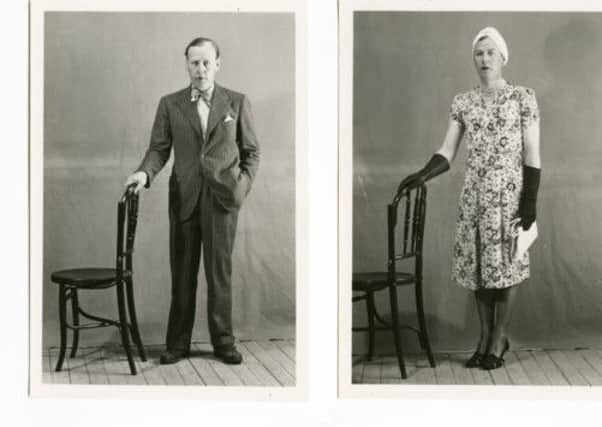Cross-dressing spy’s arrest panicked Whitehall


Lieutenant Colonel Dudley Clarke, a key figure in British intelligence in the Middle East during the Second World War, set alarm bells ringing in Whitehall when he was arrested in Madrid dressed as a woman.
Files released by the National Archives show that Lt Col Clarke – who was supposed to maintain a low profile, travelling under cover as a war correspondent for the Times – had stopped off in the Spanish capital on his way to Egypt in October 1941. The embassy cabled London: “Last night, he was arrested in a main street dressed, down to a brassiere, as a woman.”
Advertisement
Hide AdAdvertisement
Hide AdLt Col Clarke told police he was a novelist and had “wanted to study the reactions of men to women in the streets”.
When the British consul visited him, he found Lt Col Clarke offering a different story, saying he was taking the clothes to a woman in Gibraltar and had put them on as a “prank”.
“This hardly squares with the fact that the garments and shoes fitted him,” the embassy noted.
While the Spanish police were inclined to treat it as a “homosexual affair” and release Lt Col Clarke with a fine, the local Germans believed it was a “first class espionage incident”.
“I need hardly point out the damage this incident will do to us and the Times here,” the embassy warned. “Jokes have already begun.”
The potential for embarrassment was considered so great that prime minister Winston Churchill was informed, and instructions were sent to get Lt Col Clarke to Gibraltar as quickly as possible.